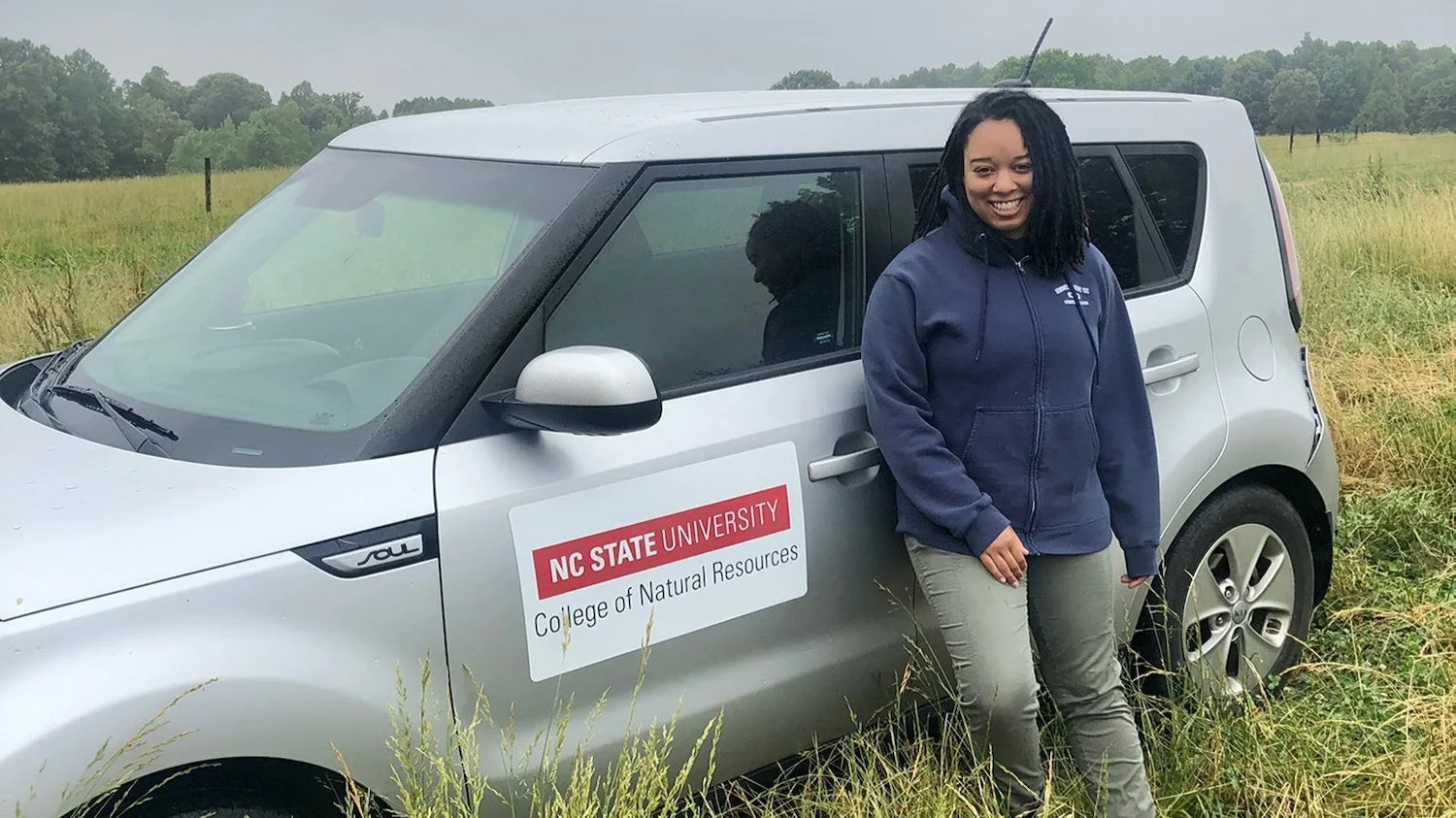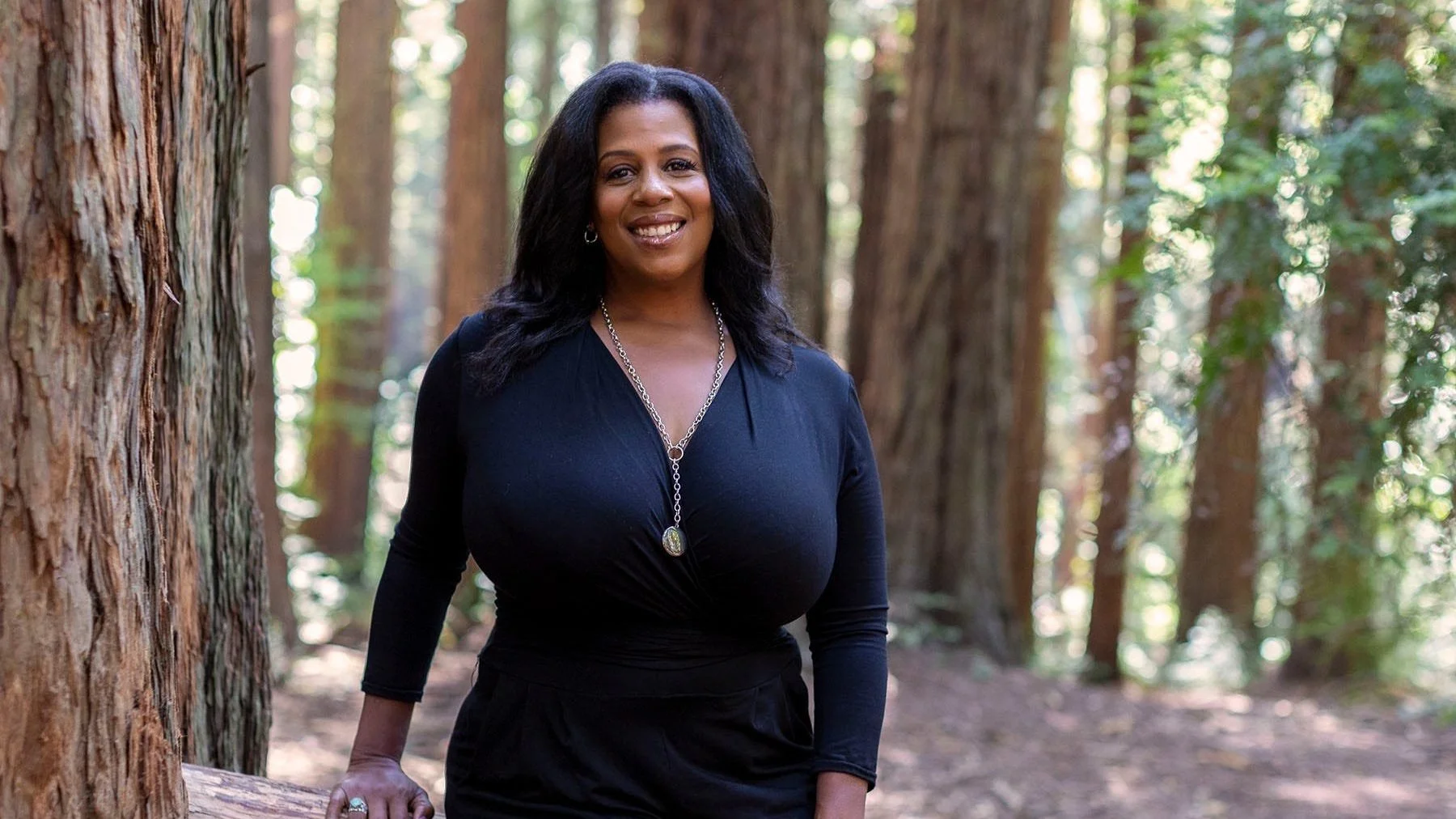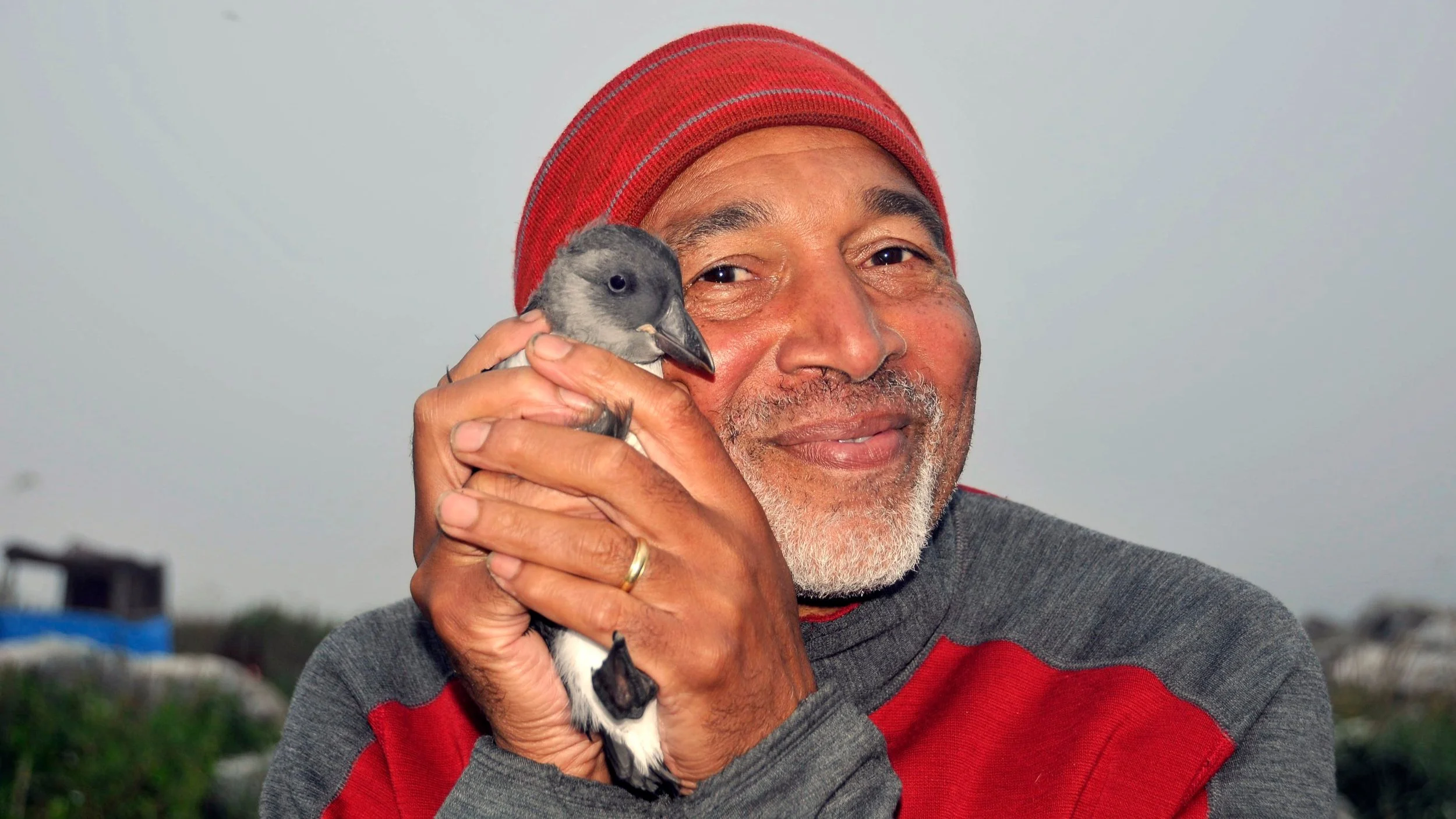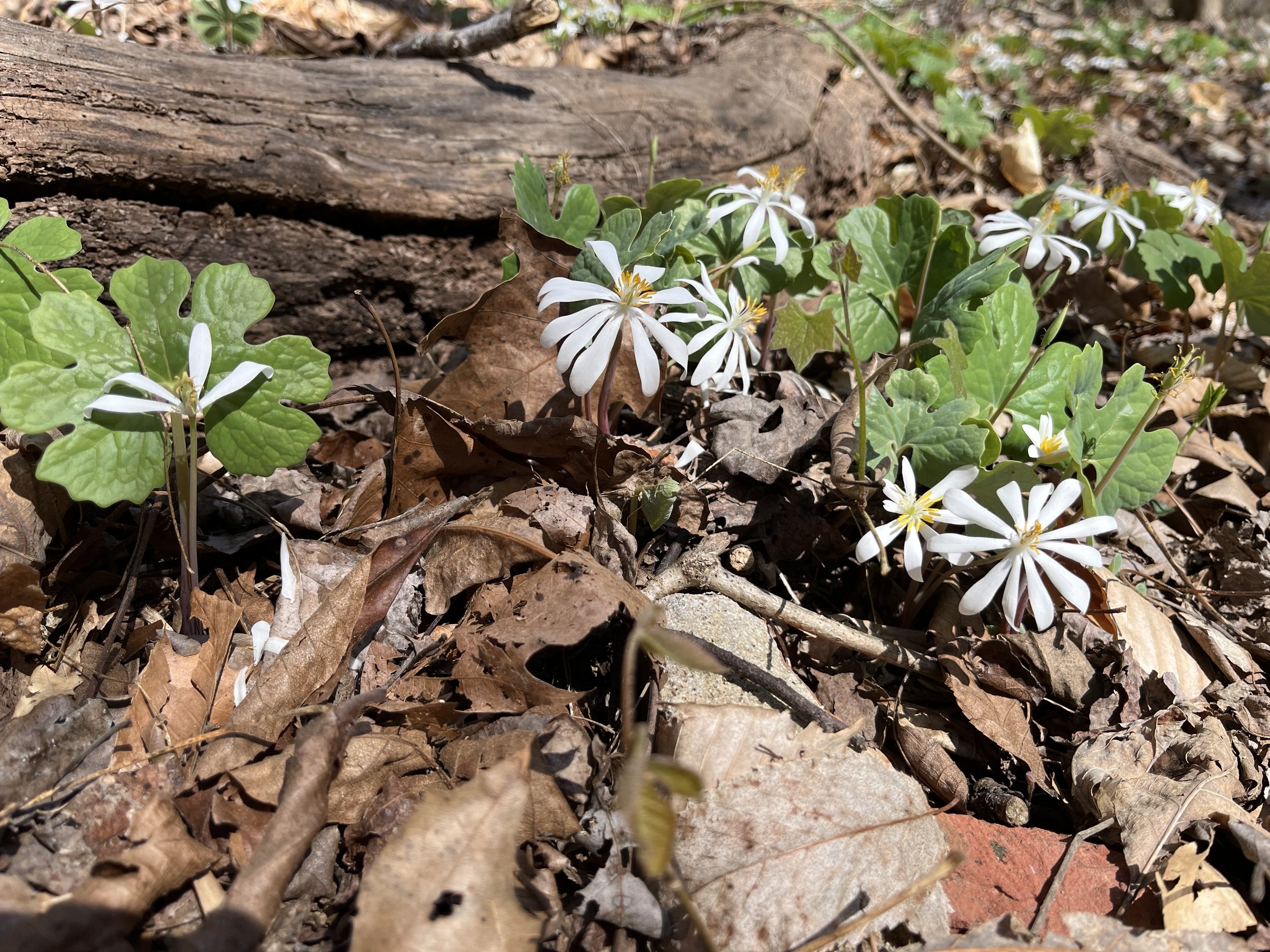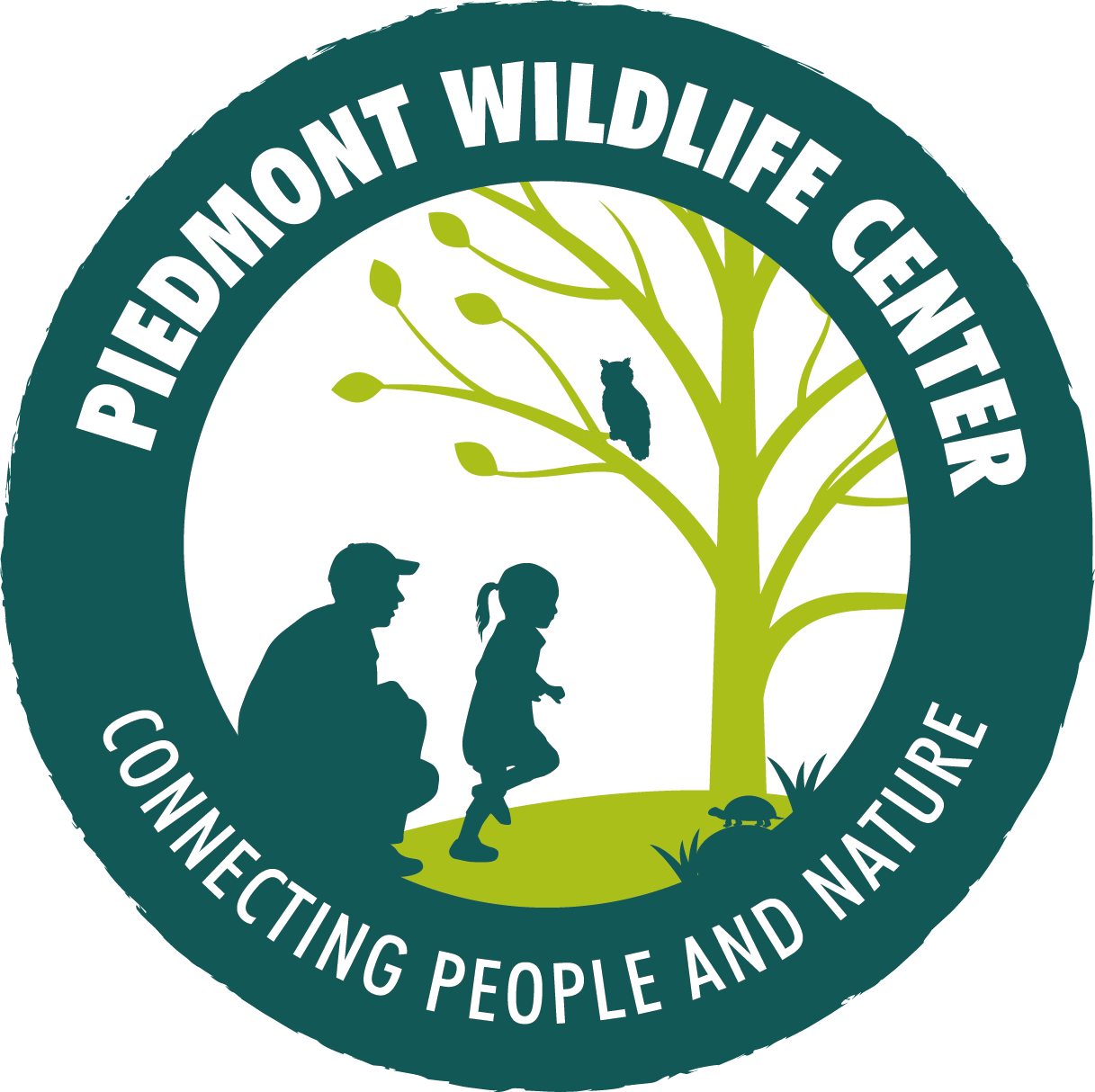You might say our newest Ambassador Animal is a little... squirrelly. Give a warm Piedmont welcome to Pancake the eastern gray squirrel!
Pancake arrived at PWC after being seized by the NC Wildlife Resources Commission from someone who kept her as a pet illegally. Because she's spent her entire life with humans, she never learned how to be a wild squirrel and can't be safely released into the wild.
The eastern gray squirrel is the state mammal of North Carolina. They’re also the most commonly observed of our 5 tree squirrel species. These bold and clever rodents are equipped with teeth (incisors) that grow continuously their entire lives. They keep them in shape by chewing on hard objects such as tree branches. Squirrels are opportunistic omnivores who famously love tree nuts, and will cache them in preparation for winter. Many of these nuts are never recovered, resulting in successfully planted trees! This makes squirrels important seed dispersers in the wild.
Not only is it illegal to keep squirrels (and other native wildlife) without a permit - they don't make good pets! Even a relatively tame squirrel like Pancake can do serious damage to fingers, furniture, and anything else they decide to bite. Squirrels also have complex dietary, space, enrichment, and health needs that are very difficult to meet in a household setting.
Please, if you find an abandoned baby squirrel, reach out to a licensed rehabber who can give them the care they need to successfully return to the wild. While some animals can't be released due to injuries or other issues, we believe every healthy wild creature deserves a chance at a full, rich life in their natural habitat.
Remember: Piedmont Wildlife Center is an environmental education and conservation nonprofit. We are NOT equipped to accept, treat, offer advice on, transport, or raise injured or orphaned wildlife. If you are in the Durham-Raleigh-Chapel Hill area and find a wild animal who needs help, please contact Our Wild Neighbors (919-428-0896) or one of these specialized organizations: Carolina Raptor Center, Carolina Waterfowl Rescue, or NC State Turtle Rescue Team. You can find additional resources at Animal Help Now and the NC Wildlife Resources Commission. It is illegal under North Carolina law to keep or attempt to raise wildlife without a permit.



